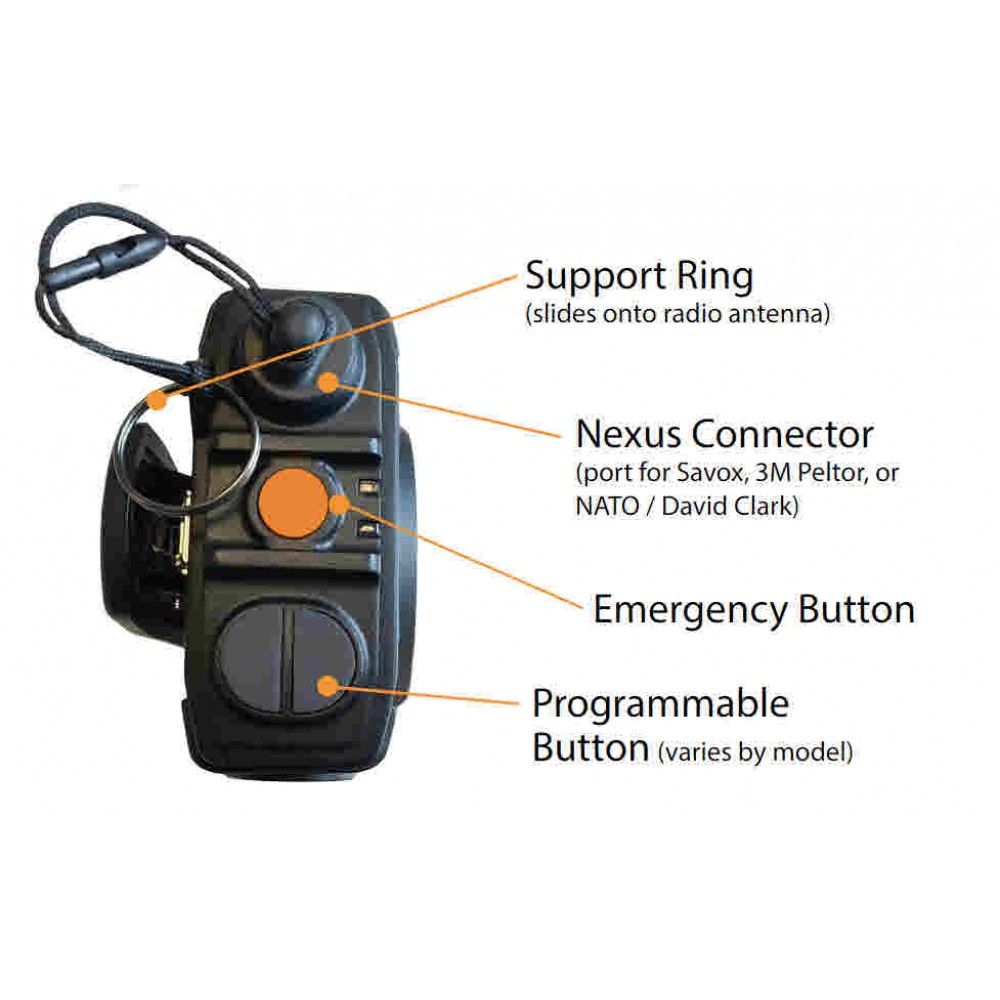

paper sketching with image recognition, virtual reality gaming) that could better foster inter-group communication. She is currently pursuing her PhD in CS at UofT where she focuses on the emotional dimension of migration and designing interactive augmented technologies (eg. Her thesis won the best thesis award and was nominated for national awards, too. She completed her professional master of architecture at UofT where she focused on identifying better practices for designing refugee camps. She received her HBSc from the University of Toronto (UofT) double majoring in Architectural Studies (Design) and Computer Science (CS).

With over 10 years of research and work experience and eight years of teaching experience, Dina brings a lot of knowledge about teaching practices and edge-cutting technologies.

This type of learning experience will support you to transition into employment and address employers' needs for new graduates who are prepared to enter the work force. During the placement, you will take part in structured reflections and will be guided and mentored by both an industry supervisor and a specialist industry liaison from the college. The final semester includes a work placement to give you the opportunity to gain practical, hands-on industry experience. You will graduate with a significant mid-program project and capstone project to demonstrate your coding talents using game engines (such as Unity or Unreal) and also your ability to create your own C++ game engine. You will work with peers in the Animation-3D advanced diploma and the Bachelor of Music degree program during game jams, external projects, and/or semester long in-class projects as you build the vital collaboration skills needed by the games industry. You will work on team projects using programming tools to prototype and build games through the lenses of game engine architecture, memory management and the agile methodology. Topics such as C++ programming, graphics (OpenGL and Vulkan), mathematics, physics, artificial intelligence, Unity/Unreal game engine development and computer networking are all covered by a comprehensive set of courses. Humber’s Game Programming advanced diploma program is project-driven and focuses on programming and designing game engines for the purpose of game development, from indie to AAA.


 0 kommentar(er)
0 kommentar(er)
